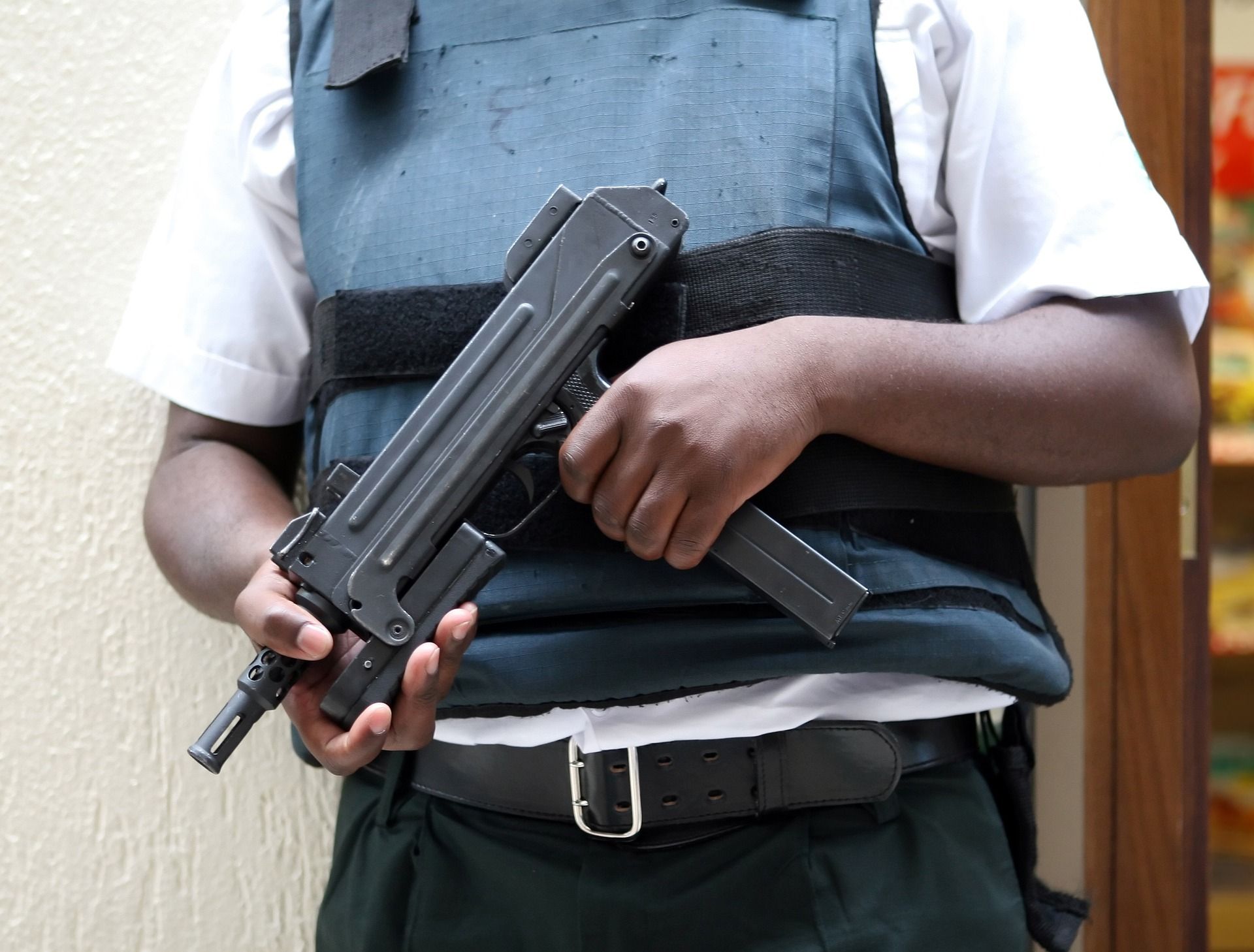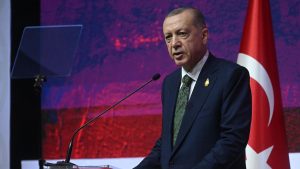Austria’s intelligence agencies missed several chances to spot the danger posed by a jihadist gunmen who launched a deadly attack in Vienna in November, an official report said on Wednesday.
According to AFP, the official report is the first from a government commission assessing how the threat was handled in the run-up to the November 2 attack, in which four people were killed before the gunman was shot dead by police.
The partially redacted document says a threat assessment of the attacker took until October this year to be finalised after his release from prison in December 2019.
The assessment eventually found that he posed a “high risk”.
The report suggested that “the fact that an initial assessment took almost 10 months seems unacceptable”.
The attacker had been convicted and imprisoned last year for trying to go to Syria to join the so-called Islamic State group.
The intelligence body responsible for monitoring dangerous activity in the capital, the LVT Wien, blamed a lack of resources for the assessment’s delay, according to the report.
In addition, staff at national domestic intelligence agency, the BVT, were feeling “a great insecurity” because of raids on BVT agents ordered by the interior minister in 2018.
The authors say the assessment of the gunman as “high risk” would have been possible by July, when he took part in meetings with known German and Swiss Islamists.
Despite being tipped off about the contacts by German intelligence, the Austrian agencies failed to realise the seriousness of the meetings, the commission found.
The report says an agent at the LVT Wien who tried to warn that the meeting was proof of “a highly dangerous terrorist cell” was told by colleagues at the BVT to stay quiet.
The BVT denies the claim.
A further missed opportunity came in July, when Slovakian authorities warned that the gunman was trying to buy ammunition.
The BVT received CCTV pictures of the suspect on July 27 but only forwarded them to the LVT Wien almost a month later.
The LVT Wien identified the man as being highly likely to be the future gunman.
An agent who suggested further measures against the suspect was ignored, the commission says.
A more definitive report is expected from the commission in late January.
Austria’s top security official Franz Ruf said the report’s findings would be used in reforms currently being carried out at the agencies in question.
The attack has spurred centre-right Chancellor Sebastian Kurz’s government to pledge to crack down on “political Islam”.







